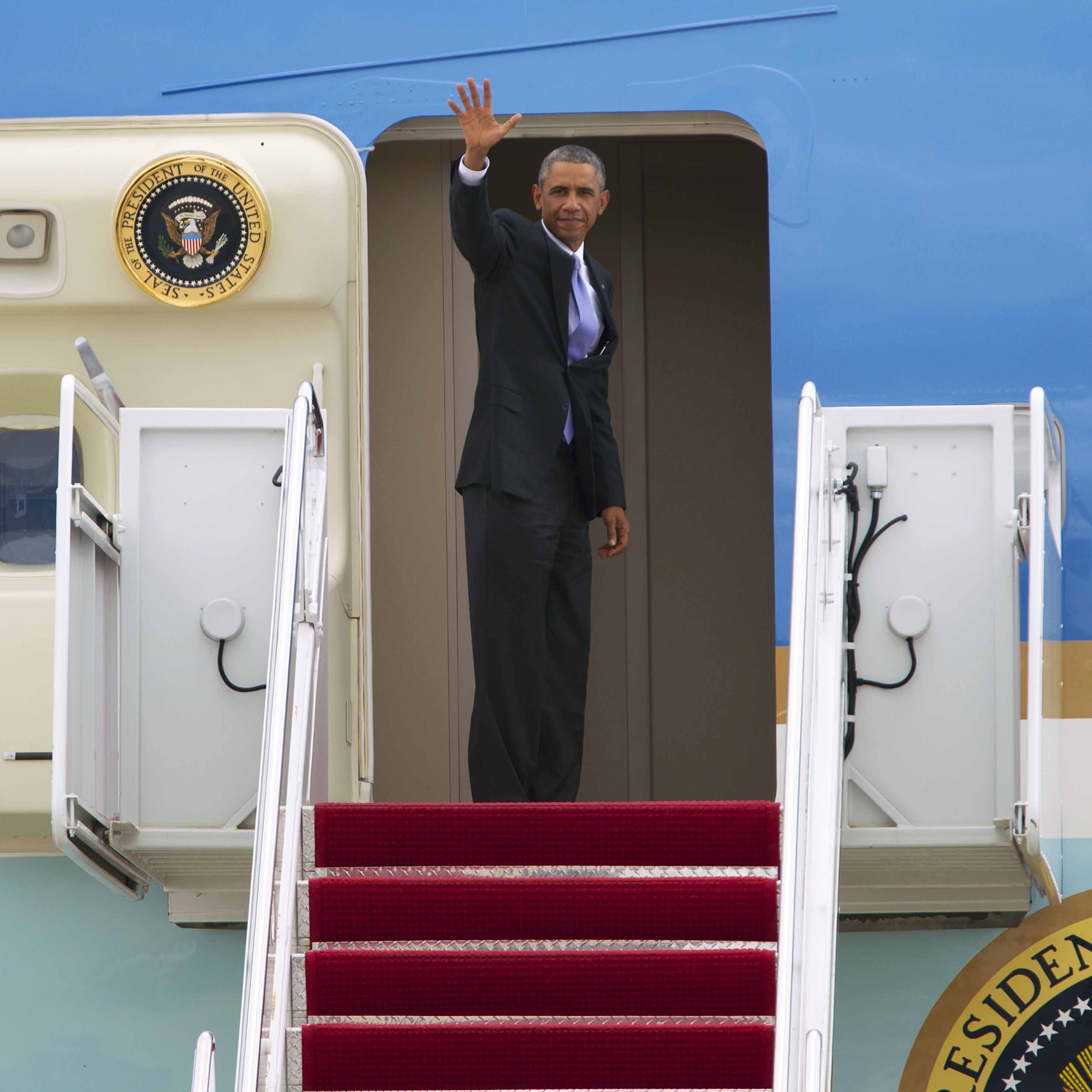
August 17 is the deadline set for South Sudan’s warring parties to reach a final political settlement to end their country’s twenty-month civil war. During President Obama’s recent trip to Africa, he warned that if an agreement is not reached, it will be “necessary for us to move forward with a different plan.”
Today, 5 days until that deadline, the Enough Project released its latest brief, Beyond Deadlock: Recommendations for Obama’s Plan B on South Sudan, arguing that the United States and international community should be prepared to move forward with a Plan B if the parties once again fail to agree.
The report argues that seven critical elements are necessary for an effective Plan B for South Sudan:
1. Imposing High-level asset freezes, travel bans, and an arms embargo
President Obama should request that the U.S. Department of the Treasury prepare dossiers to present to the U.N. Security Council on high-level targets and their financial backers and enablers. If the two parties fail to sign the proposed compromise agreement by the August 17 deadline, the Security Council should be prepared to impose additional designations immediately. Because many of the targets’ assets are in the region, the United States should urge Kenya and Ethiopia to ensure U.N. sanctions designations are enforced. The United States should also support a global arms embargo on South Sudan. Should these measures fail to gain the support of the Security Council, the United States should be prepared to build a coalition of countries that are willing to ratchet up the pressure on high-level officials from both sides, who undermine peace and are responsible for ongoing atrocities.
2. Ending impunity for economic and atrocity crimes through prosecutions
The United States should fully support IGAD’s proposed Hybrid Court for South Sudan (HCSS), including its mandate to investigate and prosecute pillage as a war crime and other serious crimes, including grand corruption. The United States should offer technical and legal assistance to the court and South Sudan’s existing Anti-Corruption Commission, including specific expertise on asset tracing and financial crimes investigations. The United States, United Kingdom, Australia, Canada, and others should also take steps to prosecute pillage cases involving South Sudan within their own legal jurisdictions to ensure that corporations do not benefit from the pillage of South Sudan’s natural resource wealth.
3. Strengthening regional capacity to enforce U.N. sanctions
Building on efforts to tackle corruption and money laundering in the region, the United States should offer additional legal and technical support to improve regional sanctions enforcement. The U.S. should prioritize programs that enhance the operational capacity of regional financial intelligence units to identify and freeze the assets of designated individuals. The United States should also urge Kenya, Ethiopia, and Uganda to submit reports on their efforts to enforce U.N. sanctions as required by U.N. Security Council Resolution 2206.
4. Connecting regional infrastructure projects to efforts to end the conflict
The U.S. and Chinese governments should jointly review bilateral and multilateral funds earmarked for regional infrastructure projects in East Africa to assess the feasibility of additional investments given the risks presented by ongoing conflict in South Sudan. This review should make clear that active regional sanctions enforcement will be considered a key risk mitigation factor.
5. Working to trace, recover and return the proceeds of corruption back to South Sudan
President Obama should direct the U.S. Department of State, the U.S. Department of Homeland Security, and the FBI to provide inter-agency support to the U.S. Department of Justice’s Kleptocracy Asset Recovery Initiative and focus on investigating instances of grand corruption in South Sudan. The U.S. should also encourage Kenya, Ethiopia, and Uganda to actively contribute to global efforts to trace, seize, freeze, and return the proceeds of corruption to the people of South Sudan by sharing intelligence through the Asset Recovery Inter-Agency Network for Eastern Africa.
6. Amplifying civil society advocacy to increase beneficial ownership transparency
Donors should support efforts by South Sudanese civil society groups to advocate for the full implementation of existing beneficial ownership transparency rules and other public disclosure provisions laid out in the 2012 Petroleum Act and the Transitional Constitution of 2011. Donors should also support civil society efforts in Kenya, Ethiopia, and Uganda to demand increased transparency about the real owners of corporate assets and trusts, as well as information about payments made to governments for mining and oil concessions. At the same time, the U.S. Treasury should revise its own proposed rule on beneficial ownership to include a look-back provision before the final rule’s publication later in August 2015.
7. Providing civil society groups with more resources to fight corruption
Donors should use South Sudan’s ratification of the U.N. Convention Against Corruption (UNCAC) as an entry point for supporting efforts by grassroots organizations to hold their own leaders to account for the misuse and misappropriation of government funds. Ensuring the provision of space for civil society participation during the transition, including protections for local journalists and news outlets, should be made a precondition for the resumption of donor assistance to the government of South Sudan.
Take action: Ask President Obama to act on South Sudan
Photo Credit: AP Photo/Jose Luis Magana

